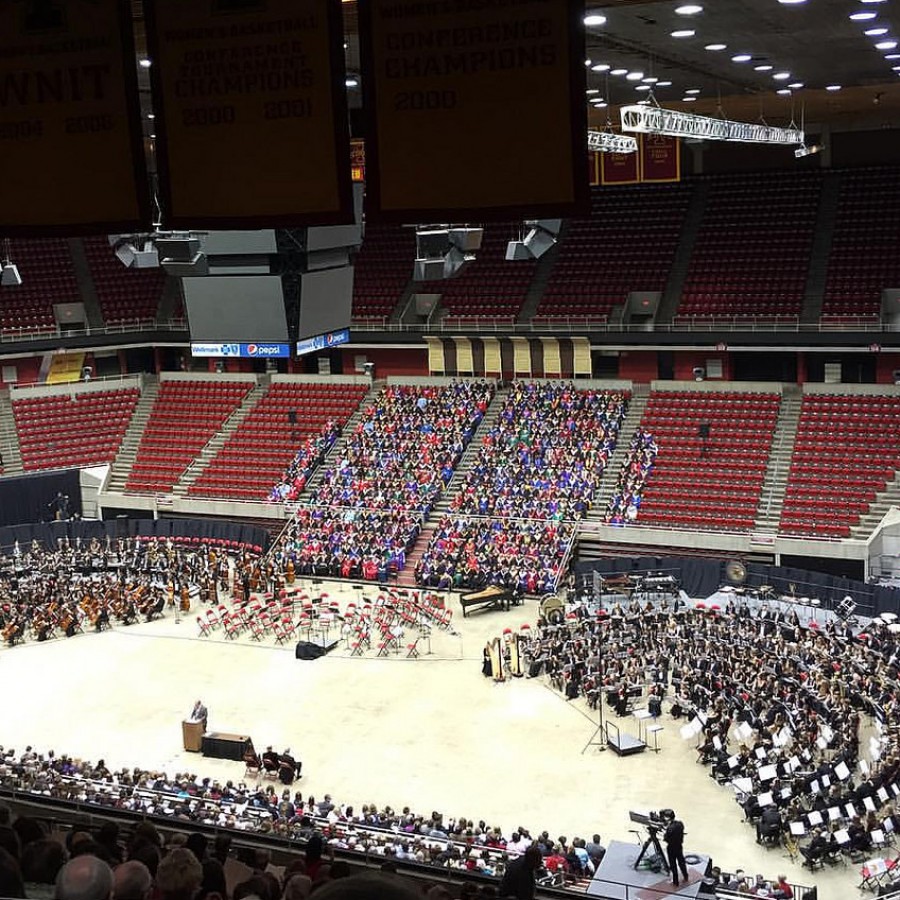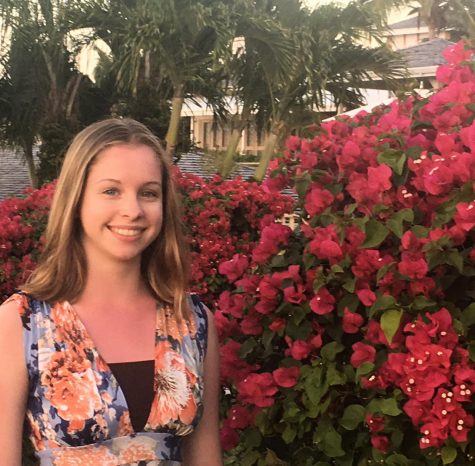October 20th. For most high schoolers, it is just another Saturday in October. But for a few thousand high school musicians, it is the day of All-State auditions. Across Iowa, about six thousand students gather at designated high schools where they spend all day auditioning, and only around one-thousand will be accepted into either the band, orchestra, or choir.
Roughly seventy-five students from Pleasant Valley will be traveling to Washington, Iowa on that October Saturday to see if their four months of preparation have paid off. Those accepted will travel to Ames on November 15-17th to join the other musicians selected, rehearse together, and give a concert Saturday evening.
The process started July 25th when the audition pieces and excerpts were released. The practicing began right away, as adjudicators are looking for musicians who know the music the best. “The auditors are listening for intonation, musicality, rhythm and tone,” Robert Swinney, the conductor of the Pleasant Valley High School Orchestra, said. “Everything must be there.” Musicians are expected to prepare a variety of material for their audition and the requirements change based on the instrument. Scales, excerpts, etudes and solos are some of the required elements of the audition.
With the competitiveness and caliber of All-State, there are clinics available for those auditioning. Madison Wells has auditioned for All-State Choir the past two years and has been accepted both times. She is currently preparing to audition again her senior year, and one thing she said has helped her is attending these clinics.
“The Meistersinger All-State Camp at Wartburg College is so helpful,” Wells said. “It’s at the beginning of August and all we do is sing the audition music for three days. It’s not required, but I don’t think I would have been accepted if I hadn’t gone.” There are similar clinics offered at the University of Iowa and the University of Northern Iowa. These clinics, along with hours of practicing and listening to the music, can make all the difference.
Wells described how the choir auditions are different from the band or orchestra auditions. Those auditioning for choir form quartets comprised of a soprano, alto, tenor, and bass. The morning of the audition, excerpts are chosen from various pieces and the quartet performs them for judges. “The hardest part is that you have to hold your own,” Wells said. “You’re the only one singing that part and the judges can tell if you don’t know all the details of what you’re singing.” This audition process differs from the band and orchestra, where auditioners go in individually and one judge hears them play their requirements. These consist of scales, etudes, excerpts from the performance music, and a solo.
The amount of work required to have a successful audition can be daunting and it often turns away many musicians. Swinney described an All-State musician to be intrinsically motivated and dedicated, and in addition, Wells said that she enjoys the process because of her love of singing and the bond created when singing as a quartet. As auditions are less than seven weeks away, the Spartan musicians are continuing to practice in hopes of seeing their name on the ‘accepted’ list come audition day.









